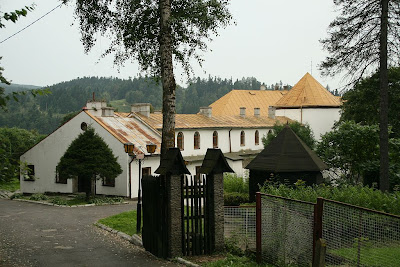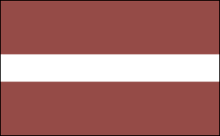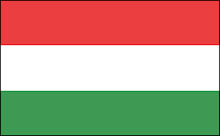NOWE WYDAWNICTWA! TAJEMNICZE MIASTO - TOM 1 ORAZ PRZEWODNIK PORÓWNAWCZY CZ.
2
-
[image:
http://www.cmsklep.eu/michal-szymanski-warszawa-tajemnicze-miasto-stara-warszawa-p-137.html]
[image:
http://www.cmsklep.eu/warszawa-pozostale-d...
sobota, 28 lipca 2012
LESKO
Wyświetl większą mapę
Lesko to małe miasteczko (ok. 5700 mieszkańców) u stóp Bieszczadów. Osada powstała już w XIV w. jako Leszko. Do 1580 miasto było w posiadaniu rodu Kmitów, po czym sprzedano je Stadnickim. W XVII w. miasto przeżywało swoją złotą erę, będąc centrum kulturalnym, handlowym i rzemieślniczym. Po rozbiorach miasto trafiło w granice Austrii i powoli rozwijało się dalej jako Lisko, póki pod koniec XIX w. miasta nie spustoszyły epidemie i pożary. Przed II wojną mieszkało tu ponad 60% Żydów, co skutkowało utworzeniem getta w czasie okupacji, kiedy Lesko stało się granicznym miastem między Rosją a III Rzeszą. Po wojnie sytuacja ustabilizowała się dopiero w 1951, Lesko zostało siedzibą powiatu i rozwijał się powoli przemysł. Dziś to senne miasteczko, będące największym miasteczkiem w Bieszczadach.
Lesko is a small town (about 5700 inhabitants) at the entrance to the Bieszczady mountains. The settlement was founded in the XIV century as Leszko. Until 1580 the city was in possession of the Kmita family, then it was sold to Stadnicki family. In the XVII century the city experienced its golden age, as a center of culture, trade and craft. After the partition the city was put into the borders of Austria and slowly developed further until the late XIX century, when the city was destroyed by epidemics and fires. Before World War II here lived over 60% of Jews, which resulted in establishment of the ghetto during the Nazi occupation, when Lesko has become a border town between Russia and the Third Reich. After the war, until the situation stabilized in 1951, Lesko became the county seat and the industry developed slowly. Today, this sleepy village is the largest town in the Bieszczady Mountains.
Kamienice na rynku
Houses in the main square
Ratusz z 1894
Town Hall from 1894
Pomnik w hołdzie poległym w 1946 milicjantom
A monument to killed militants in 1946
Synagoga z XVI w., obecnie galeria sztuki
Synagogue from the XVI c., it's an art gallery now
Kościół NMP z 1539
St. Mary's Church from 1539
Pomnik Tadeusza Kościuszki
Tadeusz Kościuszko's monument
Zamek Kmitów z pocz. XVI w., obecnie ośrodek wypoczynkowy
Kmita family castle from the bveginning of the XVI c., right now it's a hostel
Dom Handlowy
Trade Centre
Subskrybuj:
Komentarze do posta (Atom)














































1 komentarz:
Can I simply say what a comfort to uncover somebody
who actually knows what they're talking about on the web. You definitely understand how to bring an issue to light and make it important. A lot more people really need to read this and understand this side of your story. It's surprising you
are not more popular since you surely possess the gift.
Have a look at my blog post cellulite treatment
Prześlij komentarz